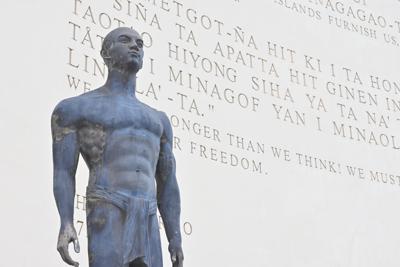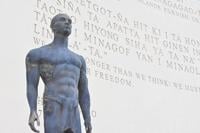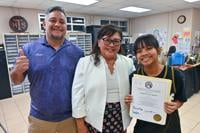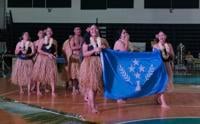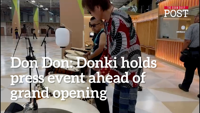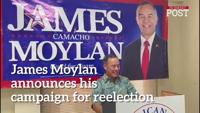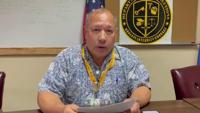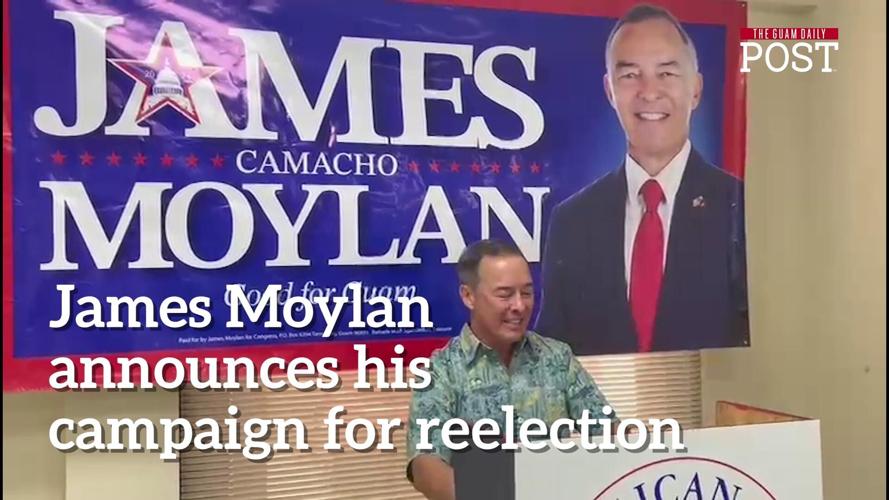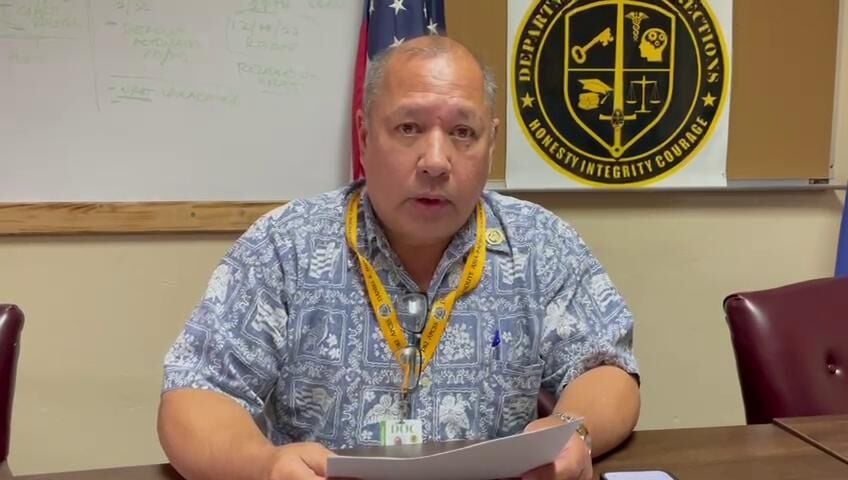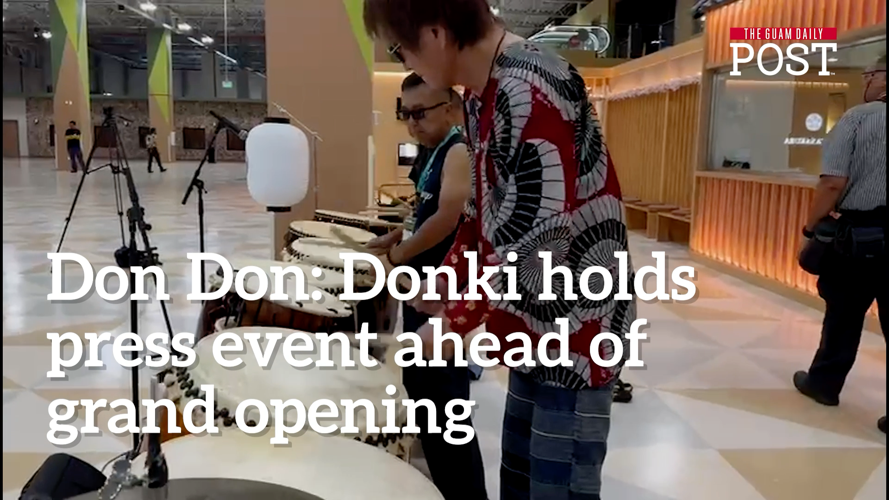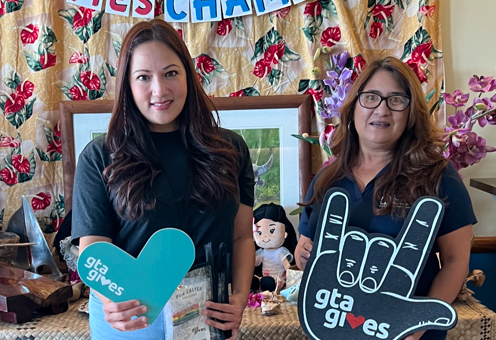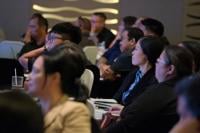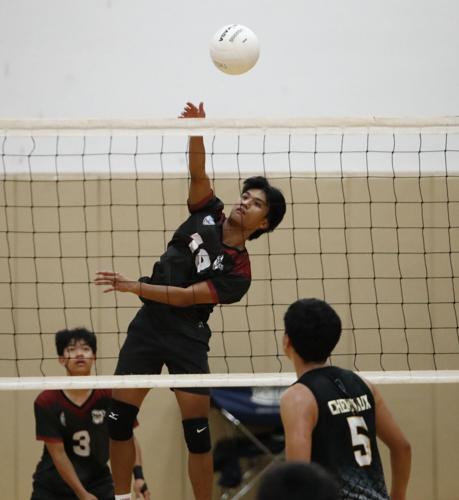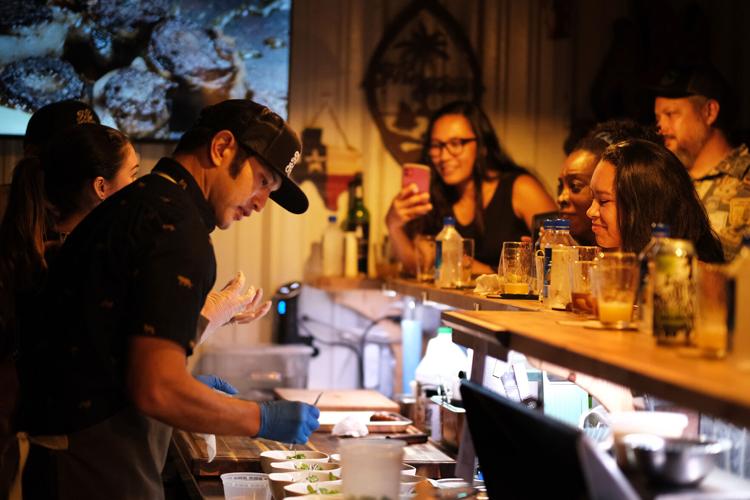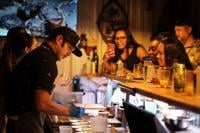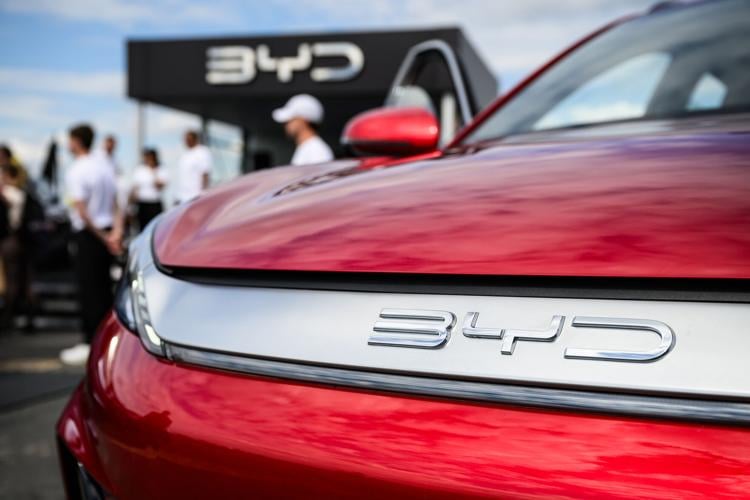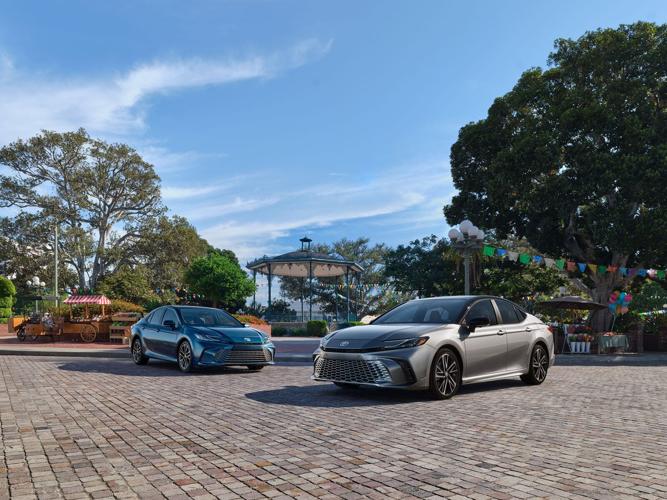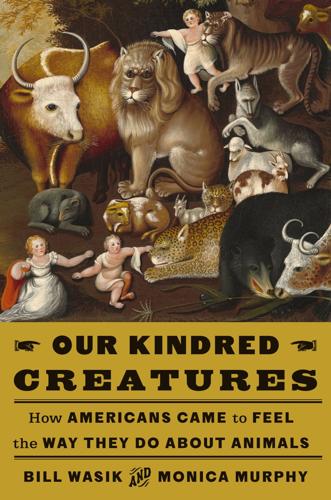An attorney who represented Arnold "Dave" Davis in the lawsuit that ultimately saw Guam's plebiscite law declared unconstitutional has written to the executive director of the Commission on Decolonization, warning him that any effort to enact a law "that offends" the court rulings or the larger principle of the right to vote "should be resisted."
"Exclusion of voices from the process - either in the voting booth or in the process - is a sure way to invite future scrutiny and challenge," J. Christian Adams, from the Election Law Center, wrote to commission Executive Director Melvin Won Pat-Borja on March 25.
Adams said he read several news accounts "detailing calls to circumvent" court rulings on the island's plebiscite law "and commence efforts to hold a racially exclusionary plebiscite."
"I would urge the commission to ensure that any path forward recognizes that all citizens must be afforded the right to vote on the question of status. The worst course to chart is one that ignores the unambiguous litigation history here, and the significant costs of the previous plebiscite qualifications. I am available to share assessments about the constitutionality and statutory conformity of any proposal," Adams wrote.
The plebiscite is a political status vote on whether Guam should seek independence, statehood or free association with the United States, and Davis is the man who challenged the law in 2011 at the District Court of Guam.
Davis was denied registration for the plebiscite because he wasn't a "native inhabitant," defined to mean those who became U.S. citizens through the Organic Act of Guam and their descendants.
The District Court sided with Davis in 2017, finding that the law imposed race-based restrictions on nonnative inhabitants, and declared it unconstitutional. The case went to the 9th U.S. Circuit Court of Appeals, which affirmed the lower court's decision.
After coming into office in 2019, Gov. Lou Leon Guerrero decided to appeal the case to the Supreme Court of the United States, but the nation's high court opted not to take on the matter.
There have been various discussions over how Guam could move forward with the plebiscite in light of the court rulings.
Among the most recent is the governor's request to Attorney General Douglas Moylan, in which she sought advice on a definition for "native inhabitants of Guam" that won't run afoul of the Constitution. She also asked if a nongovernmental agency or organization could conduct an election using the current definition of "native inhabitant" found in Guam law, should the definition sought prove impossible.
The governor also chairs the Commission on Decolonization
At the time, Moylan said he would work toward assisting the governor, but he also commented on the need to approach the issue with Congress.
Since then, the Office of the Attorney General has decided to withdraw legal representation from government entities under its investigation, which includes the governor's office, due to potential conflict issues.
When asked for an update on the governor's request, Moylan said legal opinions are still being issued by the OAG as public records.
The Guam Daily Post asked the governor's office for comment on Adams' letter, but was told the governor had no comment.

